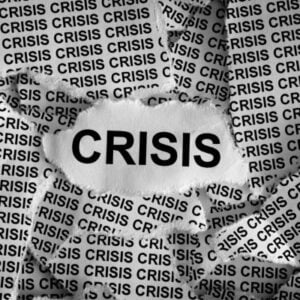Ghana Health Services, in collaboration with Gavi, the World Health Organization (WHO), and UNICEF, has launched the country’s first nationwide human papillomavirus (HPV) vaccination campaign. Running from 8 to 11 October 2025, the campaign aims to vaccinate 2.4 million girls aged 9 to 14 years, both in and out of school, providing critical protection against cervical cancer. Health workers are delivering the vaccine through schools, community health centres, and mobile outreach teams to ensure even the most remote communities are reached.
The HPV vaccine is offered free of charge and will be integrated into Ghana’s routine immunisation schedule for 9-year-old girls following the campaign. This ensures sustainable and equitable protection for future generations. Martin Morand of Gavi emphasized that each vaccinated girl represents progress in breaking the cycle of cervical cancer, building on Gavi’s global efforts that have already reached over 60 million girls worldwide and aiming to save 1.4 million lives by 2025.
Cervical cancer remains a leading cause of cancer-related deaths among women in Ghana, with approximately 3,000 new cases and 1,800 deaths annually. The vaccine, which is safe and WHO-approved, protects against the virus types responsible for the majority of cases. Vaccinating girls before exposure is a critical step in reducing future illness and saving lives.
Pauliina Mulhovo of UNICEF highlighted that Ghana has secured 2.5 million HPV vaccine doses, enough to protect all eligible girls and potentially prevent around 40,000 deaths from cervical cancer. The campaign’s success depends on strong community engagement through partnerships with traditional and faith leaders, civil society, educators, media, and healthcare workers. This initiative underscores Ghana’s commitment to safeguarding the health, dignity, and future of every girl.
The campaign aligns with global efforts to eliminate cervical cancer as a public health threat, joining other Gavi-supported countries in the region such as Nigeria, Senegal, and Côte d’Ivoire. Evidence shows that for every 1,000 girls vaccinated in these countries, 17 future deaths can be prevented, demonstrating the long-term impact of HPV vaccination.
WHO Representative Dr. Fiona Braka praised Ghana’s milestone, noting that vaccination, alongside screening and early treatment, provides girls with a strong start and protection against cervical cancer. The Ministry of Health, Gavi, UNICEF, and WHO are urging communities to ensure that every eligible girl is vaccinated, paving the way for a future free from cervical cancer.







